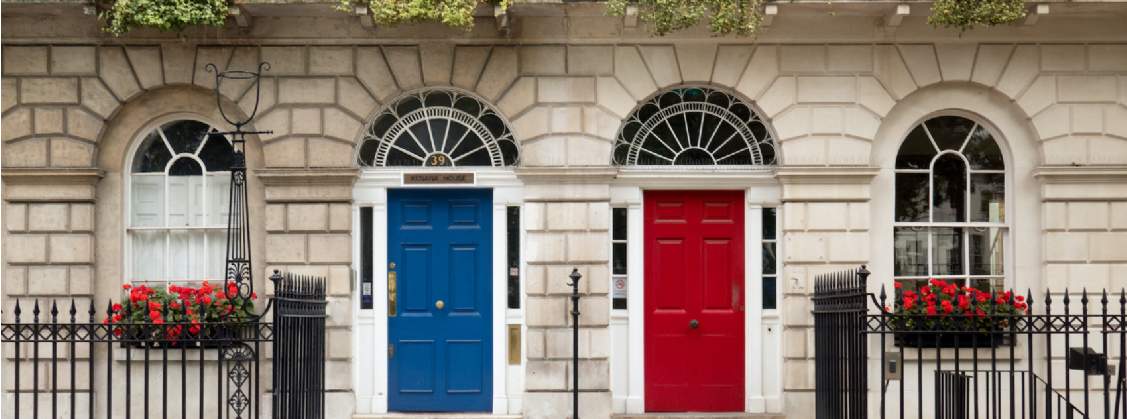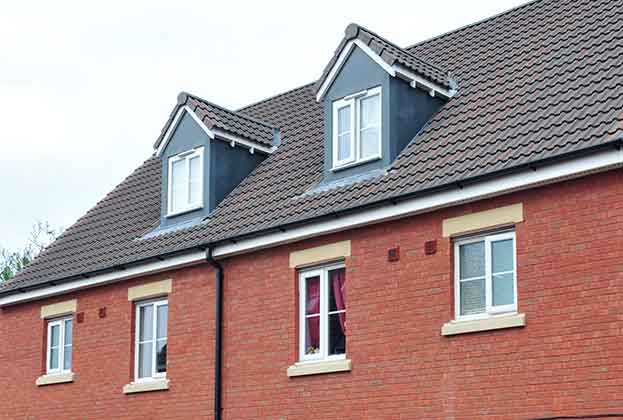This blog was published on 16th March and reflects our market view at that time. This view may change as the situation develops and the policy response becomes clearer.
When we released our forecasts for the UK's prime and mainstream housing markets on 13 November last year we did so noting 'the outlook could change quickly if circumstances dictate that we need to revisit our underlying assumptions'.
We included this lovingly crafted caveat having regard to the political uncertainty at the time, given a looming general election and ongoing uncertainty over the terms of our exit from the EU.
At that time we assumed a Conservative majority government would be returned and that over the course of 2020, a ‘Boris bounce’ would be curtailed by renewed Brexit uncertainty, as the UK hit up against the deadline to agree a trade deal with the EU. We pencilled in 2021 for price growth to gain a stronger foothold.
Inevitably, our outlook made no reference to the possibility of a coronavirus, as a 'pneumonia of unknown cause' was not detected until 31 December, and even then in the distant Chinese city of Wuhan. A month later the first case of Covid-19 was diagnosed in the UK. Since then there has been first a slow, latterly far more rapid acceptance of the potential impact on our day-to-day lives and disruption to the UK economy.
Market data currently available (though essentially backward looking) shows a strong burst of renewed buyer confidence in the first two months of the year, but it is clear that coronavirus presents a much more immediate threat to the Boris Bounce than Brexit.
The effect of Covid-19 on the housing market is likely to come from three areas:
• The impact it has on sentiment, making all but the most committed buyers more cautious in the short term, at least until global stock markets stabilise.
• The practical impact it has on buyers’ and sellers’ ability to transact, as it limits people’s ability to go about their normal business.
• Its impact on the economy and the traditional drivers of affordability.
On this last point, few forecasters have been prepared to nail their colours to the mast to date, though Capital Economics has suggested that a short sharp recession is currently the worst-case scenario.
The emergency cut in the bank base rate, economic stimulus from government spending pledges and the willingness of mortgage lenders to take a considerate view of short-term mortgage arrears, are designed to mitigate the impact. Meanwhile, the perceived security of a bricks-and-mortar investment in times of uncertainty should help to underpin values.
All of this points to a hiatus in the housing market, without necessarily affecting longer term prospects. So at this stage we are standing by our five-year forecasts, even if the pattern of price movements from year to year is less certain.
The fundamentals that underpin our medium-term view remain; if anything mortgage debt is likely to remain cheaper for longer, while prime property in central London remains relatively good value in a global and historical context, particularly for dollar buyers. These factors point to the continuation of demand when we see signs of the Covid-19 effect dissipating.
That means sellers will undoubtedly need to remain pragmatic on pricing over the course of 2020, as demand becomes more dependent on needs-based and opportunistic buyers.
Further information
Read more: Residential Property Forecasts

.jpg)
.png)



.jpg)


.jpg)
